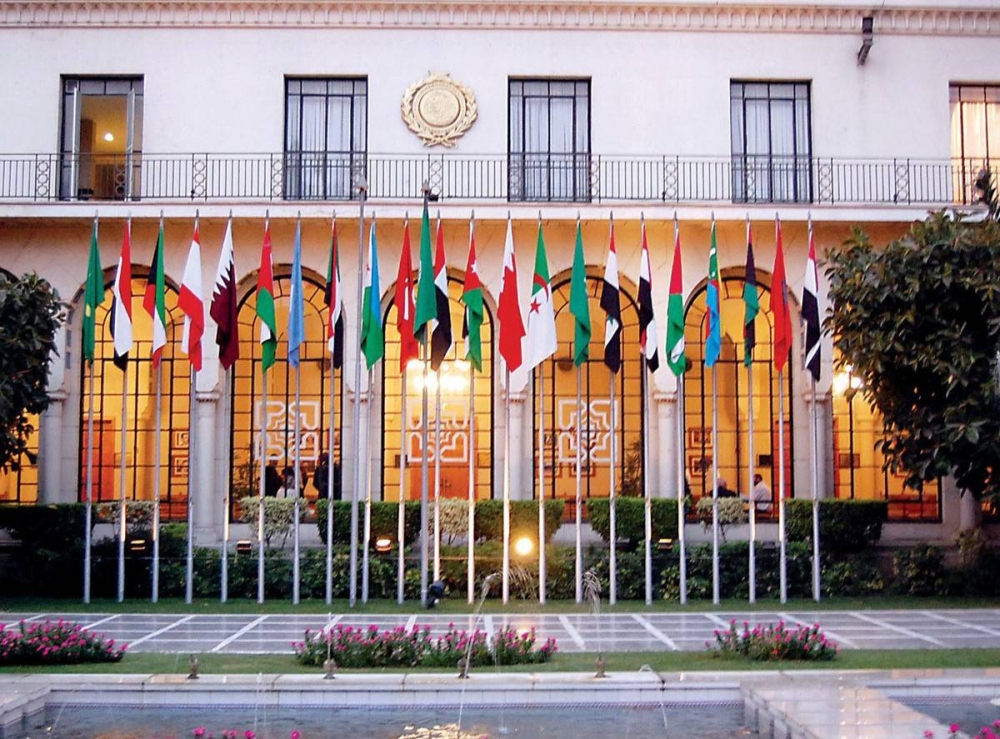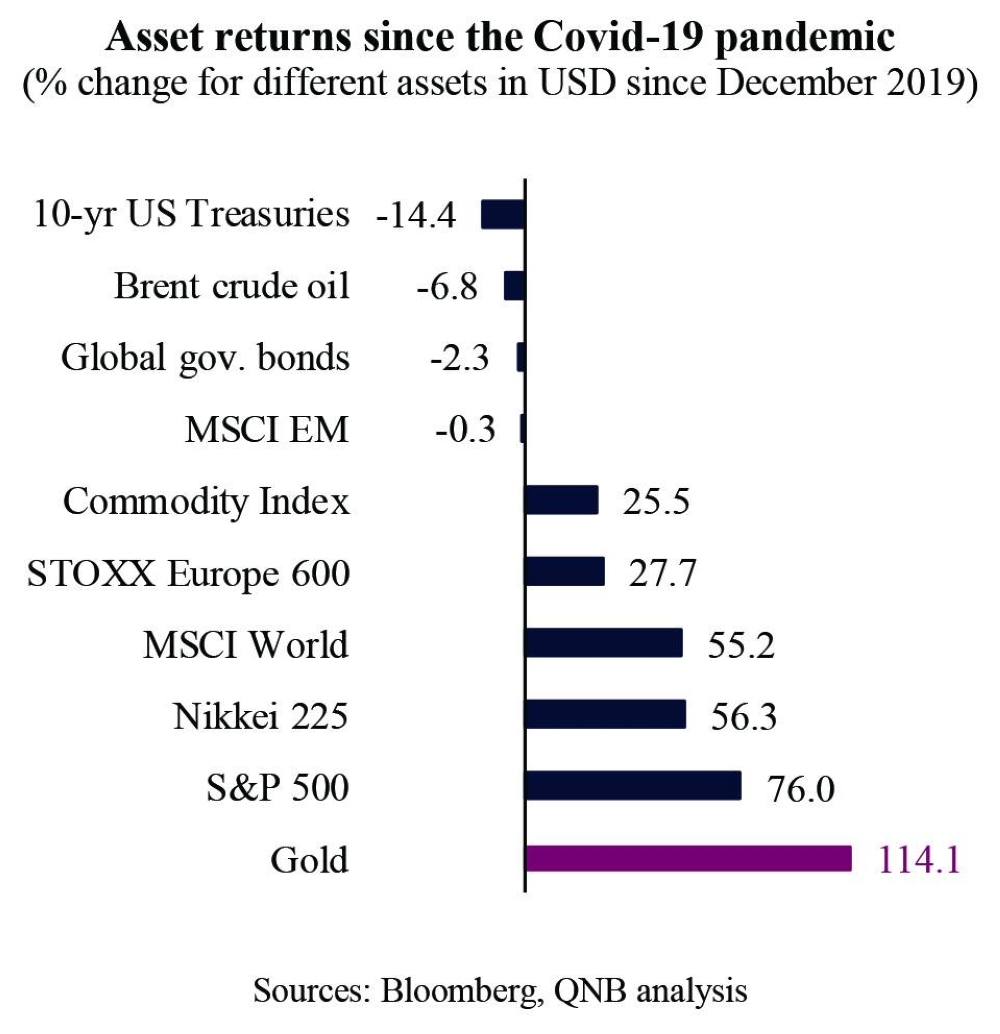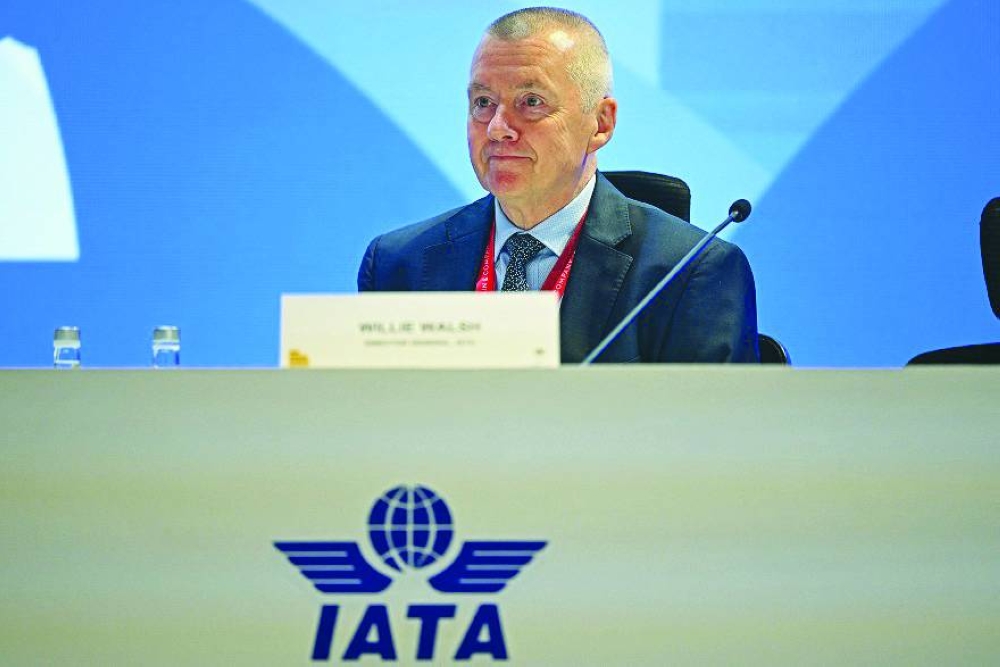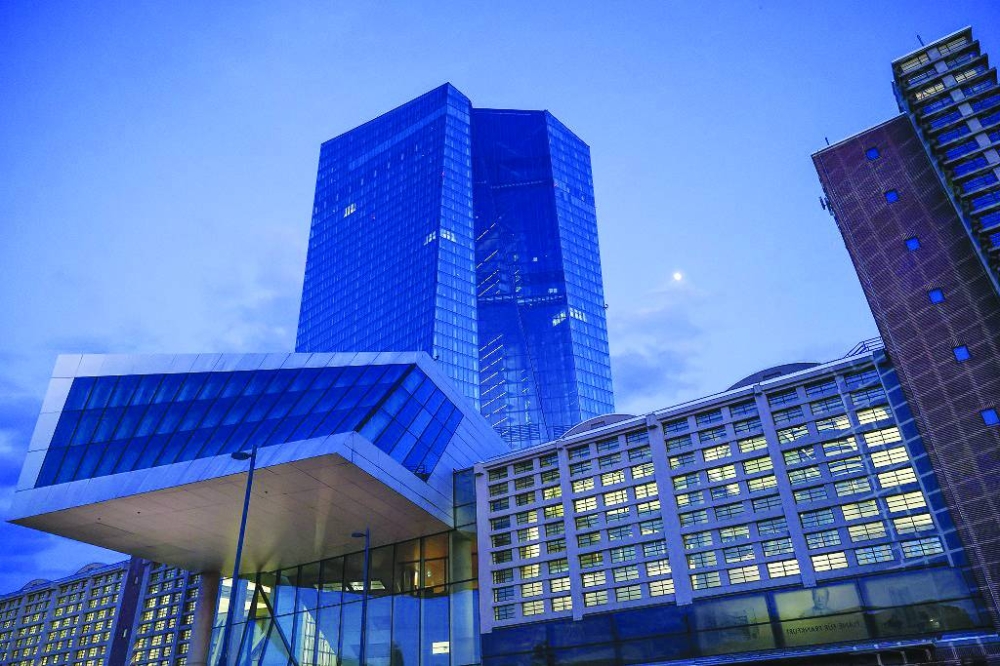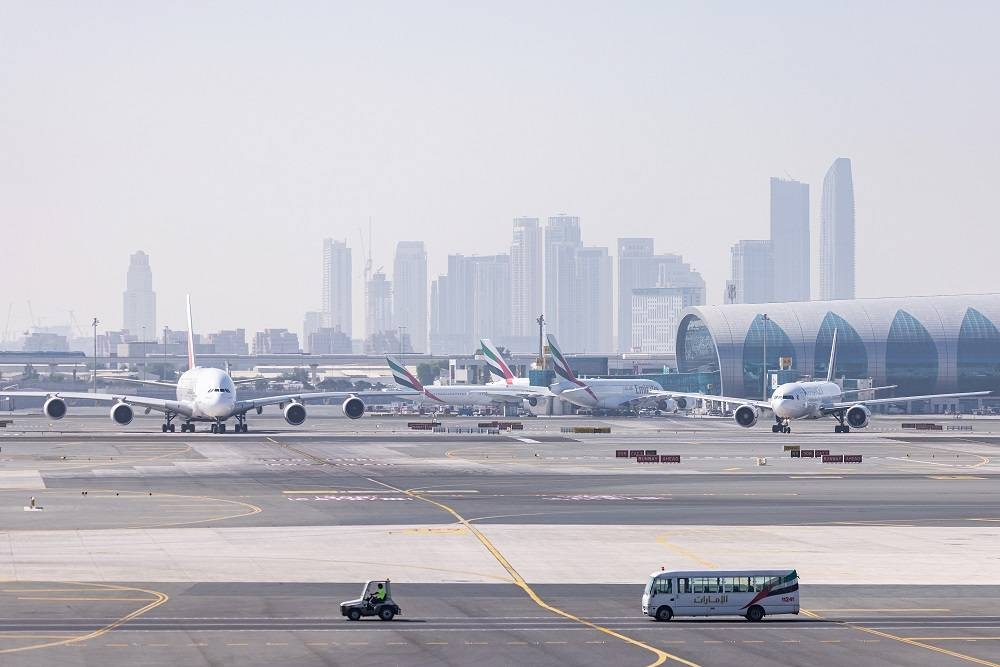Governments across Europe are pressing ahead with ambitious climate policies, and the transport sector – among the continent’s largest carbon emitters – has become a central focus. Aviation, in particular, continues to face political pressure, as countries introduce taxes, bans on short-haul flights, and stricter emissions targets. But as calls for greener travel intensify, something more nuanced is taking shape: A shift not from air to rail, but a blending of both.For decades, the idea of modal shift – encouraging travellers to choose rail over air – has been treated as a zero-sum game. Airlines lose, railways win. But that binary is changing. A growing number of air and rail operators are beginning to recognise that co-operation may be more powerful than competition, especially when it comes to meeting government sustainability goals while retaining commercial viability. And nowhere is this shift more visible than in France.In April 2022, the French government passed a law banning domestic flights on routes where a rail alternative exists with a journey time of less than two and a half hours. The law, which stemmed from an environmental clause attached to Air France’s €7bn Covid-era bailout, affects key city pairs such as Paris–Lyon, Paris–Bordeaux and Paris–Nantes. But rather than watch its passenger flows evaporate, Air France responded by deepening its partnership with France’s national rail operator, SNCF. The result is the expansion of the ‘Train + Air’ programme – a multimodal product that allows passengers to book a rail journey and flight on one itinerary, with through-checked baggage, schedule protection, and loyalty accrual.While this may seem like a simple intermodal convenience, its implications go far beyond that. By integrating SNCF’s high-speed TGV services with its flight network, Air France retains its role as the primary distributor of passenger journeys – even when the first leg is by train. In effect, Air France still owns the customer relationship and captures a share of the revenue, without having to operate a short-haul flight that is increasingly uneconomical and environmentally unpopular. It’s a quiet strategic win: governments are satisfied with fewer planes in the sky, railways gain ridership, and the airline preserves its relevance – and margins.Germany, too, is evolving in this direction. Lufthansa Group, which operates major carriers including Lufthansa, Swiss and Austrian, has long partnered with Deutsche Bahn. In recent years, that relationship has deepened through the “AIRail” programme, an increasingly integrated offering connecting high-speed ICE trains with long-haul flights from Frankfurt. Lufthansa now codeshares on a growing number of Deutsche Bahn services, sells rail connections via its website, and provides lounge access to rail passengers connecting to intercontinental flights. For Lufthansa, the logic mirrors that of Air France: Preserve the customer relationship, meet political expectations, and avoid flying inefficient short routes that jam up congested airspace and airport slots.But these partnerships are not merely reactive. As aircraft become cleaner and more efficient, and as airports face growth caps, many airlines are embracing intermodality as a proactive business strategy. The crux lies in maintaining profitability while adapting to a changing landscape. Airlines, fundamentally, are network businesses. A flight from Paris to New York is more valuable if it can connect to passengers from Nice, Marseille, Lyon or Bordeaux. If short-haul flights are axed, those feed routes must be replaced – and high-speed rail is increasingly stepping into that role. But for the model to work, airlines must retain visibility, control, and commercial participation in those rail legs.It’s no surprise, then, that new digital infrastructure is being developed to better integrate rail and air systems. Companies like AccesRail, a technology provider used by IATA, enable rail services to be sold in airline global distribution systems (GDS) under pseudo-airline codes. This makes a train from Brussels to Frankfurt bookable just like a Lufthansa flight, with all the same protections and pricing rules. The result is a growing number of hybrid itineraries that, to the passenger, feel seamless.In Austria, the government imposed a similar flight ban condition as part of Austrian Airlines’ Covid bailout a few years ago, specifically on the Vienna–Salzburg route. In response, Austrian replaced its flights with ÖBB Railjet trains, maintaining the journey as part of its booking system. The airline still earns from the passenger, and travellers benefit from direct connectivity to Vienna Airport, bypassing city traffic. The integration is supported by real-time data sharing between ÖBB and the airline, enabling efficient transfers and contingency planning in case of delays. Here too, the airline has not ‘lost’ the route – it has simply reconfigured it.Critics of these arrangements argue that airlines are merely outsourcing emissions while claiming climate virtue. But that view ignores the complexity of intermodal travel and the extent to which co-ordination is required to make it work. The economic structures underpinning these partnerships are carefully negotiated: Who gets what share of the fare, who bears the risk of missed connections, how loyalty benefits are applied. These are not marketing gimmicks – they are real, evolving frameworks for managing mobility in an era of constrained growth.And beyond Europe, the model is attracting attention. In Japan, where rail and air coexist at the highest level of sophistication, All Nippon Airways and Japan Railways have long co-ordinated timetables and ground services. In the United States, the previous administration’s green transport agenda has prompted conversations around better linking Amtrak services with airline hubs. Alaska Airlines recently launched a baggage transfer pilot with Amtrak, while American Airlines has begun testing through-ticketing on select northeast routes. The speed and density of US rail may be decades behind Europe, but the commercial logic is identical.At the heart of this shift is a simple truth: Governments want fewer emissions, passengers want convenience, and airlines need to be part of the solution. For an industry that has spent decades building identity around jet engines and global reach, handing over parts of the journey to rail is a significant cultural adjustment. But it is increasingly being seen not as a surrender, but as a strategic rebalancing. One that allows airlines to reduce exposure to volatile fuel prices, slot constraints, and environmental taxation – while still playing a dominant role in the total journey.For rail operators, the benefit is equally compelling. By tapping into the global distribution systems of airlines, they gain access to international passengers who would not otherwise think to book a train. The visibility of a TGV or ICE train on an airline website expands their commercial reach dramatically, particularly for travellers from markets like North America or Asia where rail is not always front of mind. It also boosts occupancy on underused services and allows rail companies to justify investment in premium offerings such as first-class lounges and onboard dining – offerings that align well with the expectations of business-class fliers.As Europe eyes stricter emissions targets for 2030 and 2050, and as airlines work to decarbonise long-haul fleets via SAF, hydrogen and next-gen aircraft, the short-term gains of intermodality become even more critical. It buys time. It reduces emissions today. And crucially, it does not require new infrastructure – just better co-operation.The blending of air and rail is not a silver bullet. There are challenges, particularly in standardising systems, aligning customer service models, and navigating national regulations. But as climate legislation sharpens, and as public pressure mounts on aviation to do more, the most pragmatic carriers will not be those who deny the need for change, but those who embrace partnership. If done right, the model can deliver a rare thing in transport: A political win, a financial win, and a passenger win – all on the same ticket.The author is an aviation analyst. X handle: @AlexInAir

